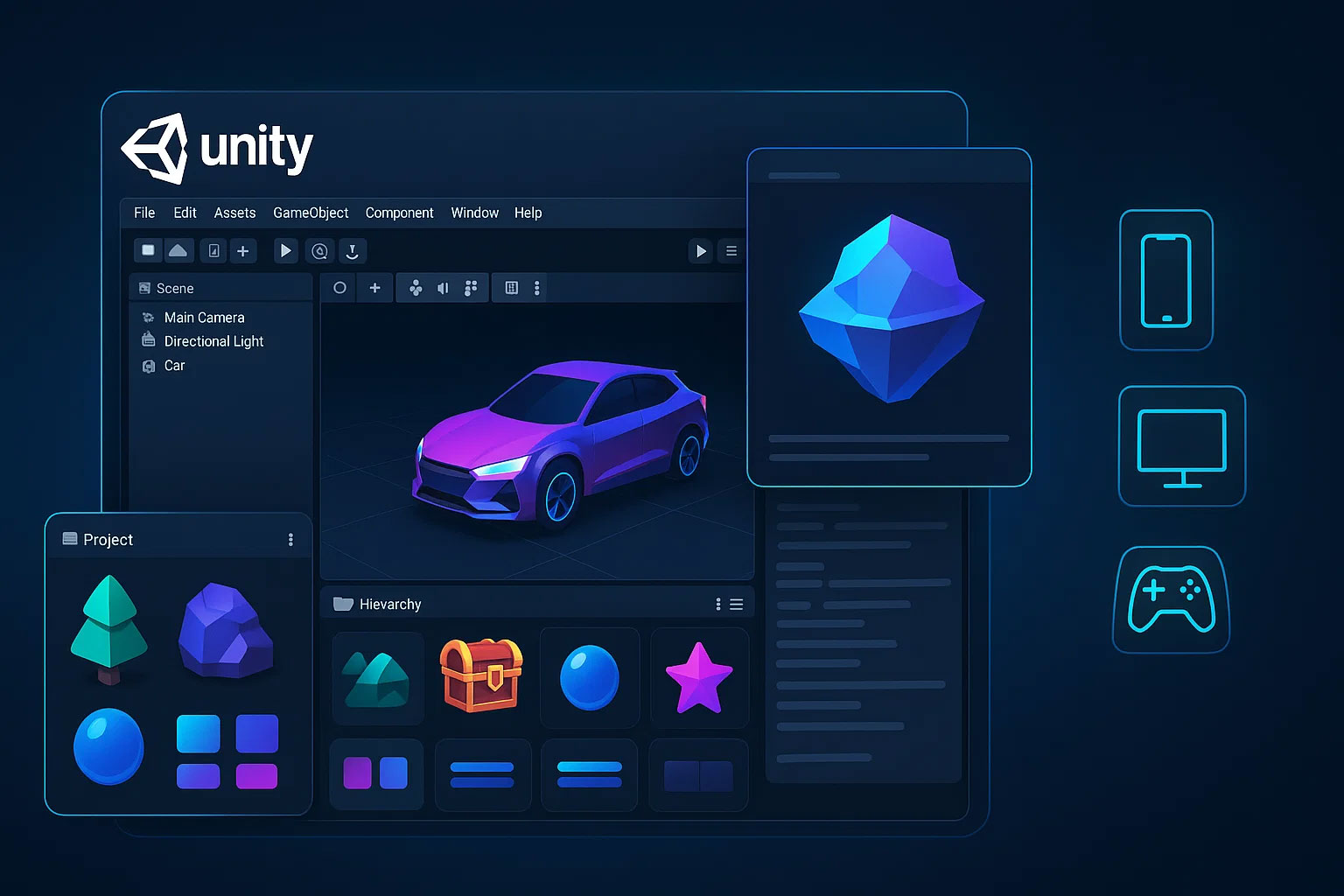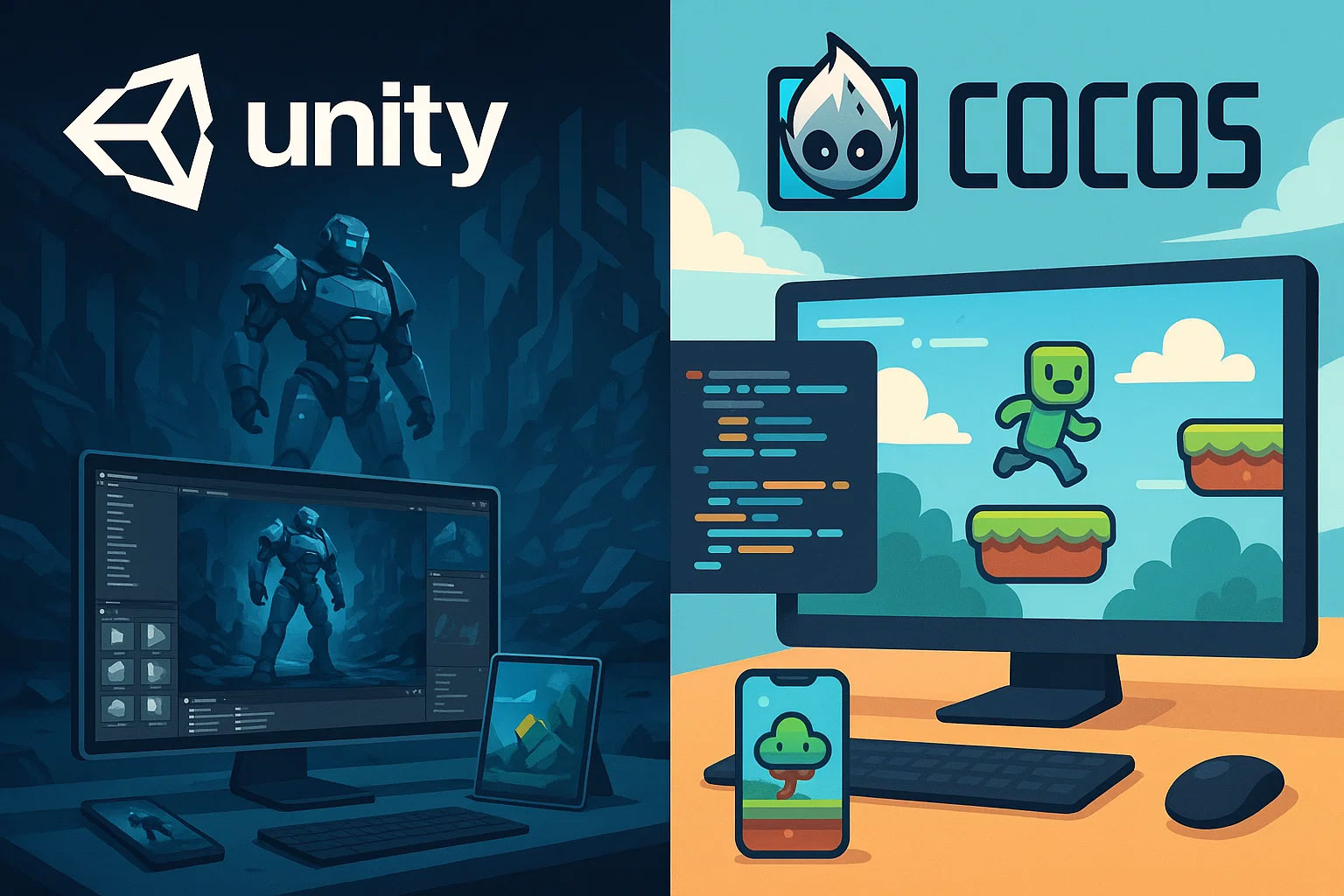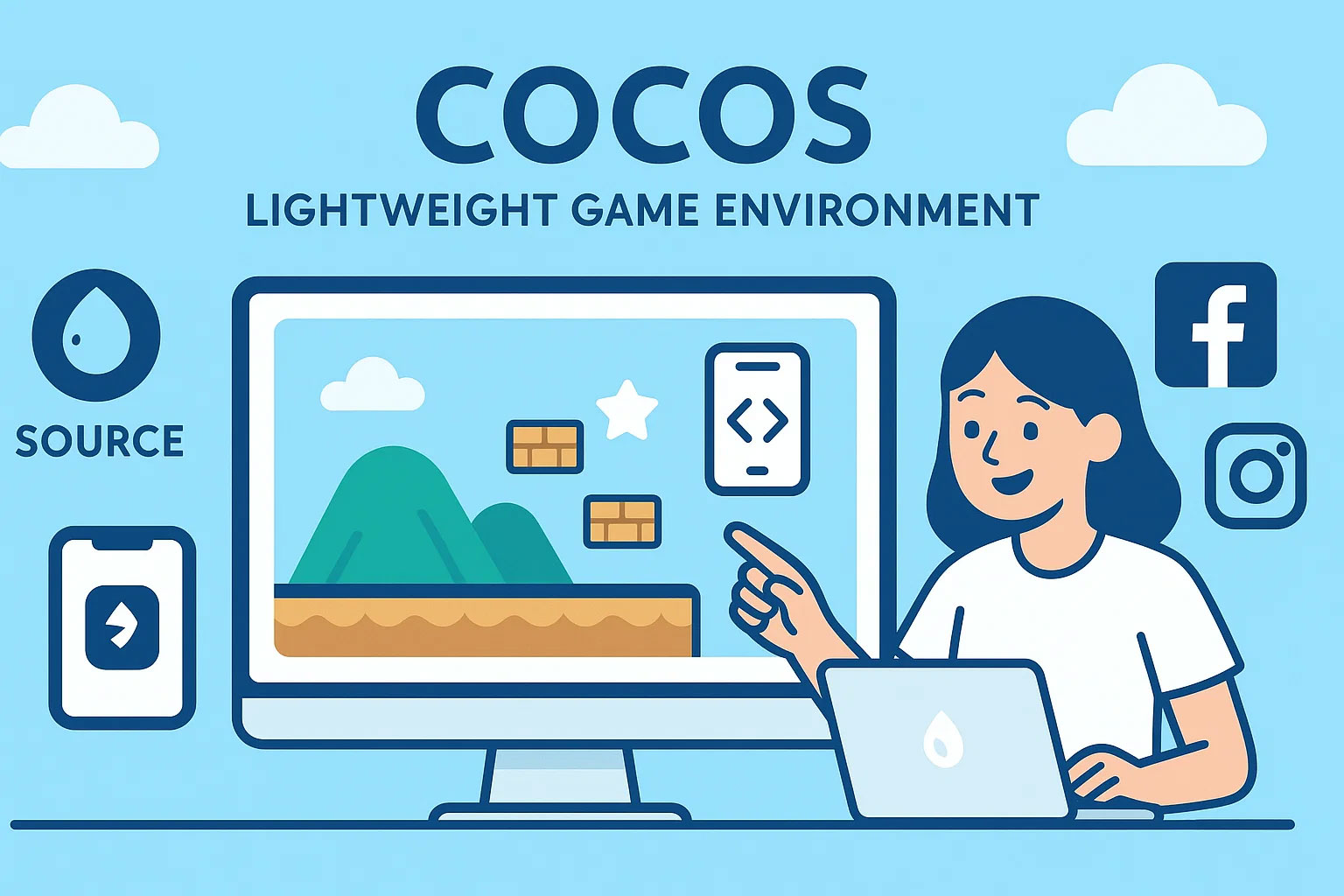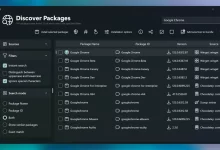When you embark on creating a mini-game, choosing the right engine is critical. Unity and Cocos stand out as two of the most popular and powerful game engines available today. This guide offers an original comparison highlighting the strengths and weaknesses of each engine, helping you select the perfect fit for your mini-game project.

Unity: Versatility and Advanced Features
Strengths:
- Cross-Platform Power: Unity excels at deploying games seamlessly across platforms, from mobile devices and PCs to web browsers and consoles, ensuring maximum reach.
- Rich Asset Marketplace: Unity’s extensive asset store provides an abundance of ready-made resources, significantly speeding up development cycles.
- Robust 3D and 2D Capabilities: Ideal for both complex 3D graphics and smooth 2D animations, Unity offers flexibility unmatched by many competitors.
- Strong Community Support: A vibrant community and extensive documentation provide excellent support and troubleshooting options.
Weaknesses:
- Larger File Sizes: Mini-games developed with Unity tend to be heavier, which might affect loading times on mobile or web platforms.
- Complexity for Beginners: Unity’s advanced features come with a steep learning curve, which can slow down first-time developers.
- Cost Concerns: Professional licenses and some advanced features can lead to increased expenses.
Cocos: Lightweight and Efficient
Strengths:
- Lean and Efficient: Cocos produces lightweight builds perfect for quick-loading mobile and web-based mini-games.
- Open Source Advantage: Fully open-source, Cocos allows developers extensive freedom to customize and modify their projects at no additional cost.
- Optimal for 2D Games: Known for outstanding performance in 2D rendering, Cocos is ideal for simpler graphics and fast-paced mini-games.
- Easy Integration: Excellent for embedding within existing apps, particularly for social media platforms and instant gaming experiences.
Weaknesses:
- Limited 3D Capabilities: While Cocos supports basic 3D development, it lacks the advanced functionality that Unity offers.
- Smaller Community and Fewer Assets: With fewer resources and plugins available, developers often need to create assets and tools from scratch.
- Less Comprehensive Documentation: The smaller user community means fewer readily available guides and troubleshooting resources compared to Unity.

Final Thoughts: Choosing the Right Fit
If your mini-game involves extensive graphics, 3D effects, or demands broad cross-platform distribution, Unity likely suits your needs best. Conversely, if you’re targeting quick deployment, lightweight performance, and seamless integration into mobile apps or social platforms, Cocos offers clear advantages.
Evaluate your project specifics and development priorities to choose the engine that aligns best with your goals. Both Unity and Cocos are powerful tools, each capable of delivering excellent results tailored to different project needs.

 FoxDoo Technology
FoxDoo Technology






